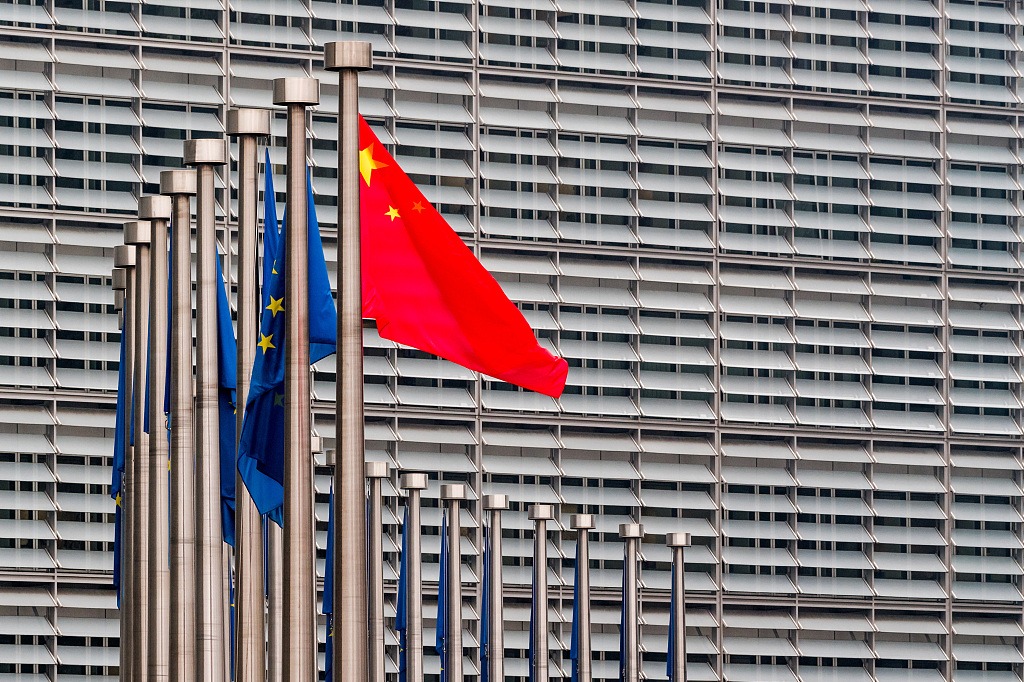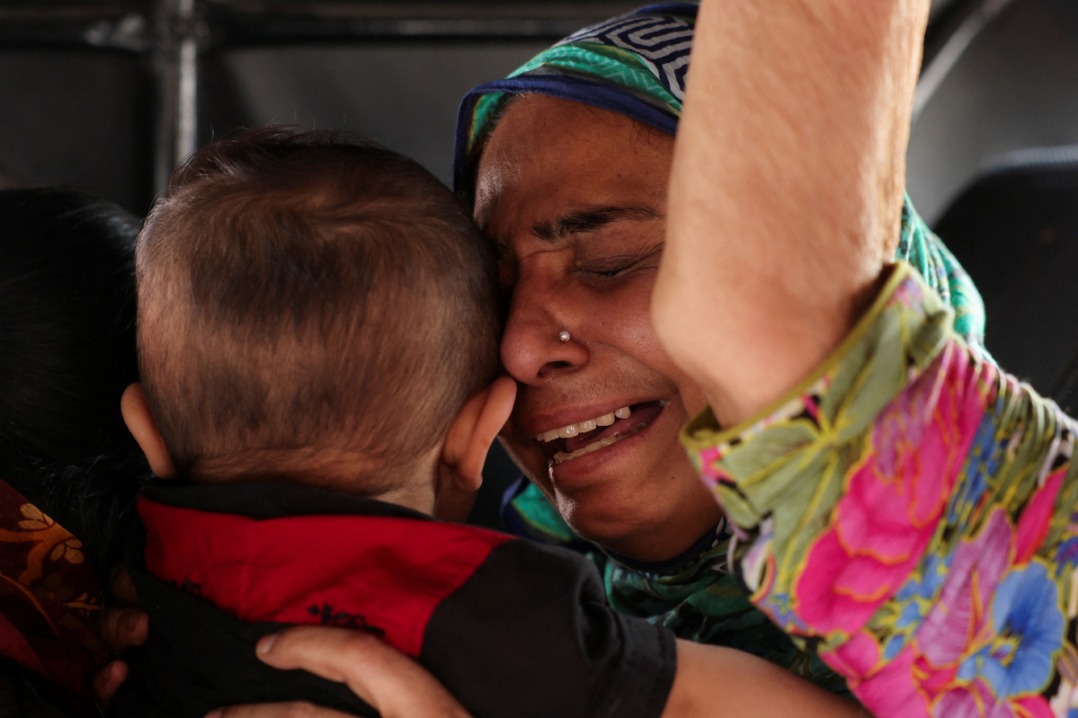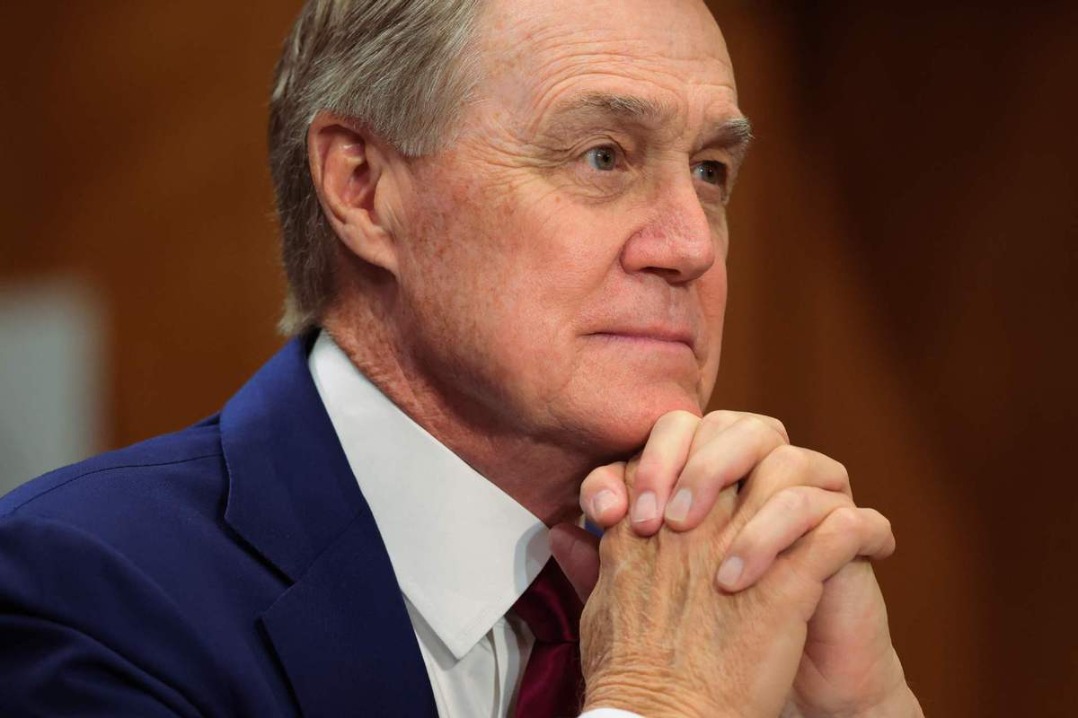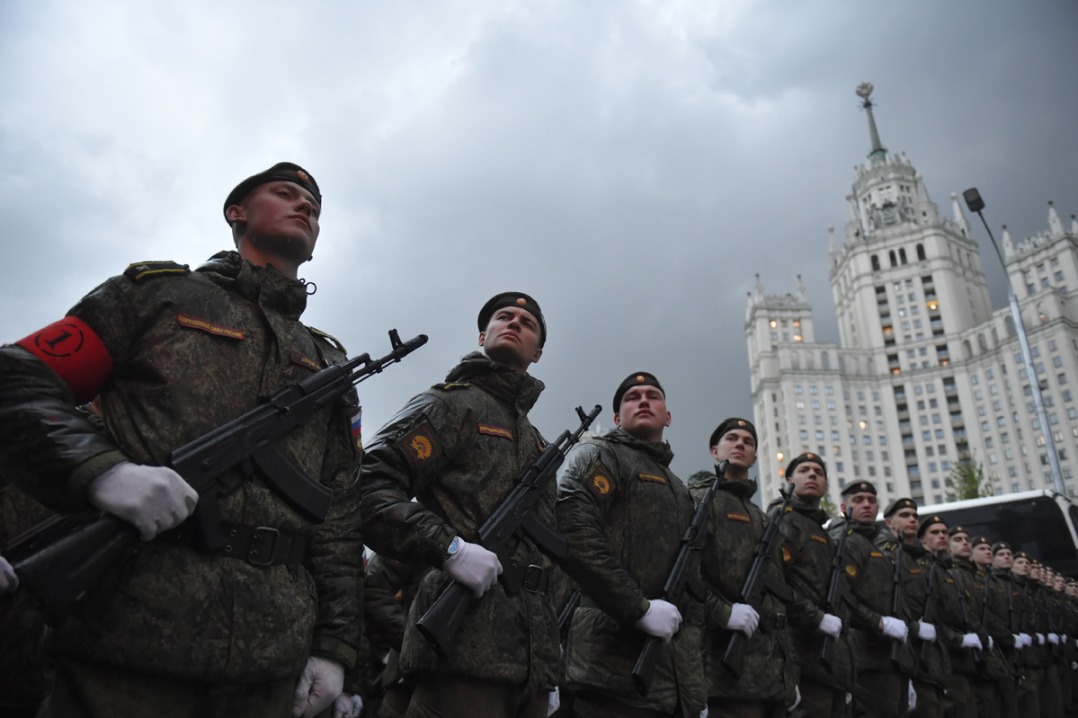Brazil minister calls for BRICS collaboration

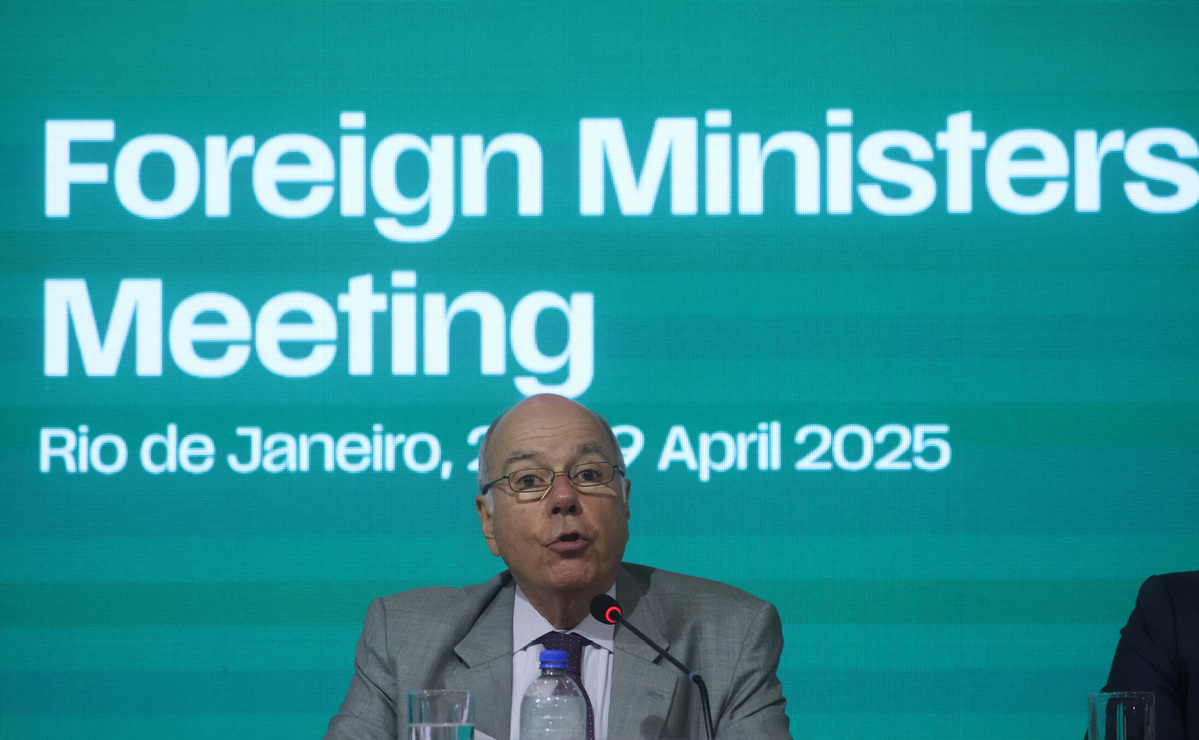
Amid an increasingly complex international landscape, Brazilian Foreign Affairs Minister Mauro Vieira emphasized the need for BRICS nations to unite and collaborate in addressing global risks while playing a central role in promoting peace and sustainable development.
He made these remarks on Monday while chairing the first session of the 2025 BRICS Foreign Ministers' Meeting in Rio de Janeiro. This meeting marked the first gathering of foreign ministers from BRICS member and partner countries this year, with discussions focusing on the group's role in advancing peace and security.
In his closing statement, Vieira noted that all parties agreed the world today faces severe challenges—rising geopolitical tensions, erosion of multilateralism and escalating conflicts—which demand an urgent and effective response. He highlighted in particular how the resurgence of protectionism is undermining the rules of the World Trade Organization.
Given BRICS' significant position in global politics and economics, Vieira urged the group to leverage its unique role by actively promoting dialogue, mediation and shared development to contribute to global governance solutions.
He stressed the need to reform multilateral institutions to reflect the voices better and address the concerns of the Global South, ensuring multilateralism evolves with the times.
On BRICS expansion, Vieira said that the group's enlargement has bolstered its capacity to tackle global challenges. With 11 members now representing nearly half the world's population, he affirmed that BRICS can enhance peace and stability through dialogue, development, and multilateral cooperation.
Participants welcomed Indonesia's inaugural participation as a full member and supported China's global initiatives.
The ministers agreed that BRICS nations should enhance solidarity and cooperation, oppose power politics and double standards, and advocate for resolving crises and conflicts through diplomacy rather than force, cooperation instead of confrontation, and multilateralism over unilateralism.
They emphasized the group's role in upholding the legitimate rights of BRICS nations and the shared interests of the Global South, while advancing a more just and equitable international order and fostering open, inclusive and sustainable development.
















